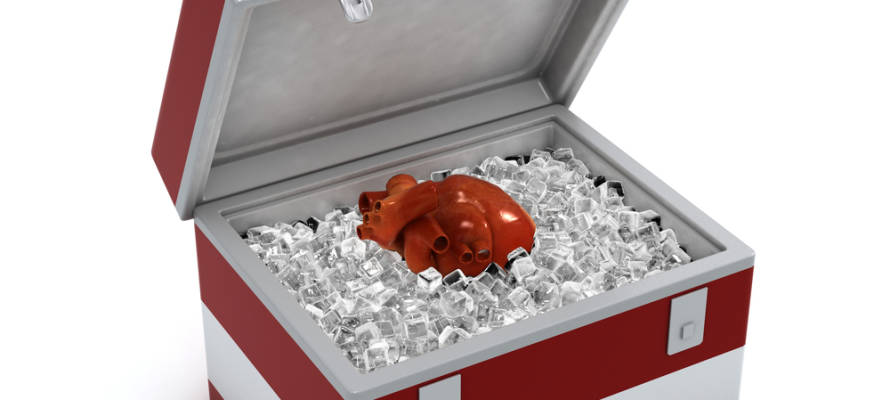
Israeli researchers may have solved the main issue surrounding organ transplants, and researchers at Tel Aviv University have discovered evidence of colon cancer in the mummified remains of an 18th century Hungarian corpse.
By: Michael Ordman
ISRAEL’S MEDICAL ACHIEVEMENTS
Ice-tech could end organ shortage
Currently it is not possible to freeze organs in order to preserve them for later transplant. Now researchers at the Hebrew University of Jerusalem have studied ice-binding “antifreeze proteins” that protect frozen cells from expansion damage when they thaw out.
http://www.timesofisrael.com/hebrew-u-ice-tech-could-end-organ-transplant-shortage/
http://new.huji.ac.il/en/article/29485
Cancer pre-dates the modern era
Researchers at Tel Aviv University have discovered evidence of colon cancer in the mummified remains of an 18th century Hungarian corpse. The mutation of the Adenomatous polyposis coli (APC) gene is the earliest recorded case of colorectal cancer.
http://www.foxnews.com/science/2016/02/25/hungarian-mummy-offers-clues-to-cancer-mystery.html
http://journals.plos.org/plosone/article?id=10.1371/journal.pone.0147217
Merck and Weizmann sign medical agreement
US giant Merck has signed a new framework agreement with Israel’s Weizmann Institute to research new solutions in the area of biotechnology and cancer research. Merck has more than 300 employees at four sites throughout Israel.
http://www.timesofisrael.com/merck-weizmann-institute-sign-strategic-deal-on-cancer-research/
Portable ultrasound device demonstrated
Here is a video to demonstrate the power of the portable ultrasound device developed in the laboratory of Israel Technion’s Professor Yonina Eldar.
The 19-year-old neuroscientist
Israel’s Amir Goldenthal began his PhD when he was 16 and just one year into his first degree. Now 19, his doctoral dissertation involves breakthroughs in the understanding of neurological diseases such as epilepsy, Alzheimer’s and Parkinson’s. Amir won a prize at the Nobel Laureates Conference in Japan for best research paper. http://www.ynetnews.com/articles/0,7340,L-4772307,00.html
Click here for all of this week’s Good News from Israel.
Do You Love Israel? Make a Donation - Show Your Support!
Donate to vital charities that help protect Israeli citizens and inspire millions around the world to support Israel too!
Now more than ever, Israel needs your help to fight and win the war -- including on the battlefield of public opinion.
Antisemitism, anti-Israel bias and boycotts are out of control. Israel's enemies are inciting terror and violence against innocent Israelis and Jews around the world. Help us fight back!























